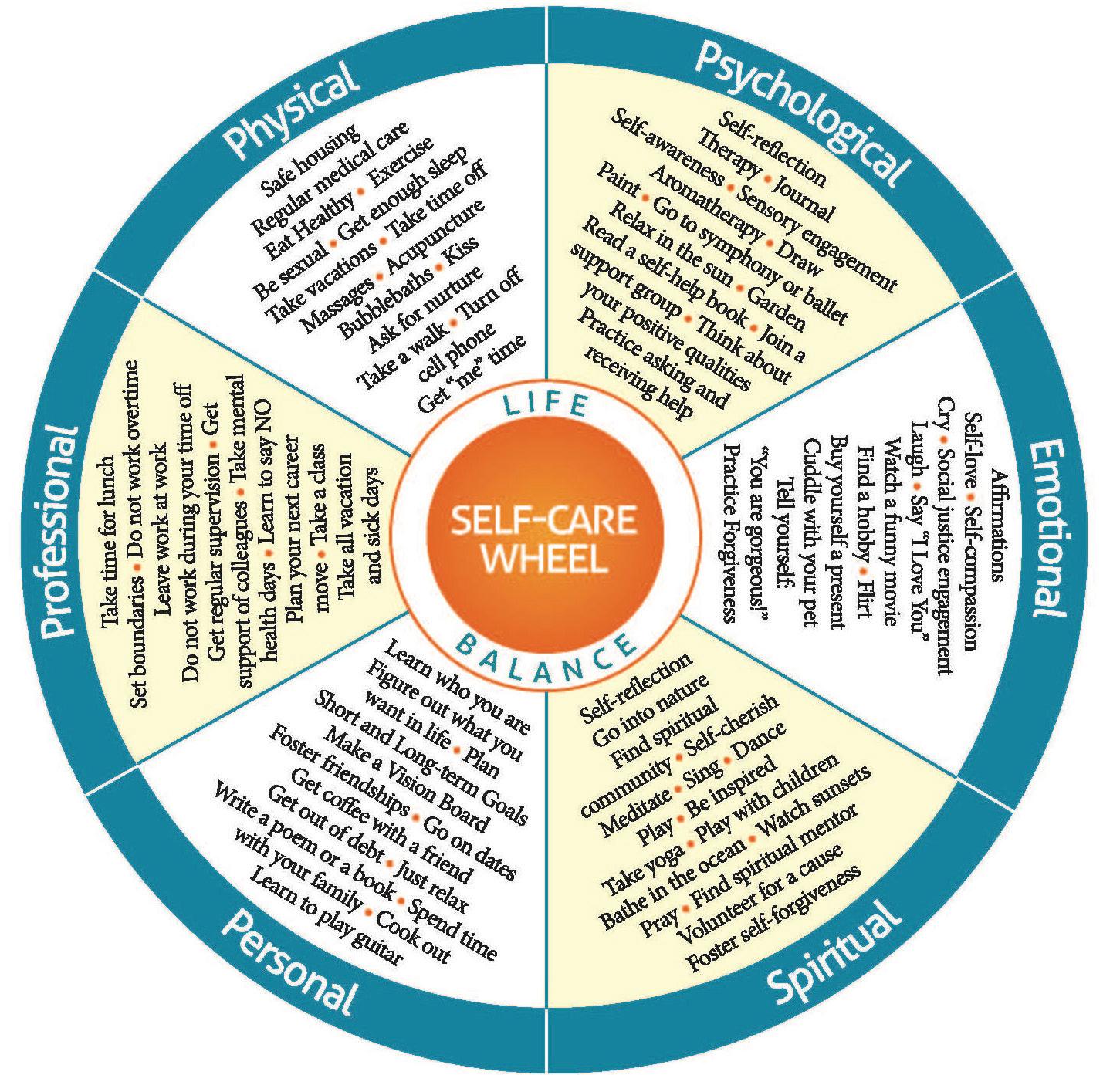
3 minute read
Are You Ready for Behavioral Interviews?
Diane Sledden Reed Consultant & K-12 Virtual Academy Coordinator, Carolina Pine Consulting & New Hanover County Schools, North Carolina
In a behavioral interview you will have to demonstrate your knowledge, skills, and abilities, collectively known as competencies, by giving specific examples from your experiences. The principal or human resources recruiter doesn’t want to know that you can do something, but that you have done it. Prior to the interview, the competencies required for the position are determined. Then, the interviewer develops a series of questions that will allow him or her to find out if you – the teacher candidate – possess the necessary competencies to perform the job and are a good fit for that particular school. The basic premise of the behavioral interview is that past performance is a good predictor of future success.
Advertisement
While many teacher candidates are intimidated by this method, a behavioral interview provides the opportunity to demonstrate what makes you well suited for the job and the school. Rather than merely telling the interviewer what you would do in a situation, you must describe, in detail, how you handled a situation in the past. What better way to "strut your stuff”?
S.T.A.R.
This is an acronym to help you with behavioral interview questions. Think of answering the questions like a short story. S = situation; T = task you needed to accomplish; A = action you took; R = result of that action. If you are just graduating from college, think about situations from your student teaching experience, field experiences, and class work. If you are asked a behavioral question and you have never had an experience to fit that question, do NOT answer what you think you would do, because you truly don't know. If you cannot answer the behavioral question, let the interviewer know that you have never experienced the situation,
Quick Question:
but that you believe it would take skills in _______. Never make up a story.
Sample Behavioral Interview Questions: ü Tell me about a time when a lesson plan didn't go well. How did you handle the situation? ü Describe a conflict you had with a student/parent. ü Describe an experience where you identified a student's special needs and modified the lesson. ü Share an example of communication with a parent that helped you better understand a student in your classroom. ü Tell me about a specific instance when you collaborated with other colleagues. What was the result of that collaboration? ü Describe a lesson plan that went very well. What made it work? ü Give an example of a time when you had to make a quick decision. What were the results?
As with any interview, you need to prepare in advance. Assess yourself: know your skills, style, and what you have to offer the employer. Do your research: learn about the school and the district; know what they are looking for in a teacher candidate. Also, prepare questions to ask the principal. Always have a list of questions to ask at the end of the interview.
Think about the possibility of behavioral interviews when you do something at work or in school that will demonstrate a competency to a prospective employer. Record the experience as soon as possible. Consider keeping a journal since time has a way of clouding our memories.
What should I do if I am asked an illegal interview question?
Quick Answer:
Employers are prohibited by law to ask you interview questions that do not somehow relate to the job. Illegal topics include race, color, sex, religion, birthplace, national origin, age, marital or family status, and disabilities. Most of the time, an interviewer is inadvertently asking an illegal question such as, “How many kids do you have?” Perhaps such a question may come up while “chatting” with school representatives before or after the actual interview. It is possible that an interviewer is asking such a question with the intention to base a hiring decision on this information. Either way, an illegal question should not be asked.
You have a few choices if you are asked an illegal question. You may answer the question. However, if you have any trepidation about the intent of the question, the best action may be to acknowledge the question but guide the discussion back to the qualifications for the position. For example if you are asked about your family, you may respond, “I want to assure you that my family responsibilities will not interfere with my ability to be an outstanding teacher. Among the qualities I’ll bring to your school are …” Keep your answer positive and avoid accusing the interviewer of asking an illegal question.
Your remaining choice is to refuse to answer the question which may create an awkward situation. You even have the right to file a discrimination claim with the U.S. Equal Employment Opportunity Commission (EEOC), but it would be wise to seek legal advice before going this route. It is difficult to prove hiring discrimination, especially in a market where there are numerous qualified candidates in the interview pool, and such action on your part could damage your reputation with other potential employers. If you feel the interviewer was blatantly inappropriate, you may want to inform his or her supervisor that you were uncomfortable with the questions asked during the interview.
Fortunately, most employers will conduct an ethical interview and you will not encounter this situation. But it is wise to consider in advance how you will respond if you are asked an illegal question.





